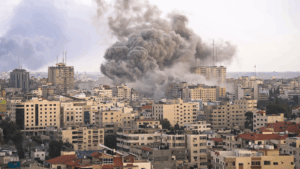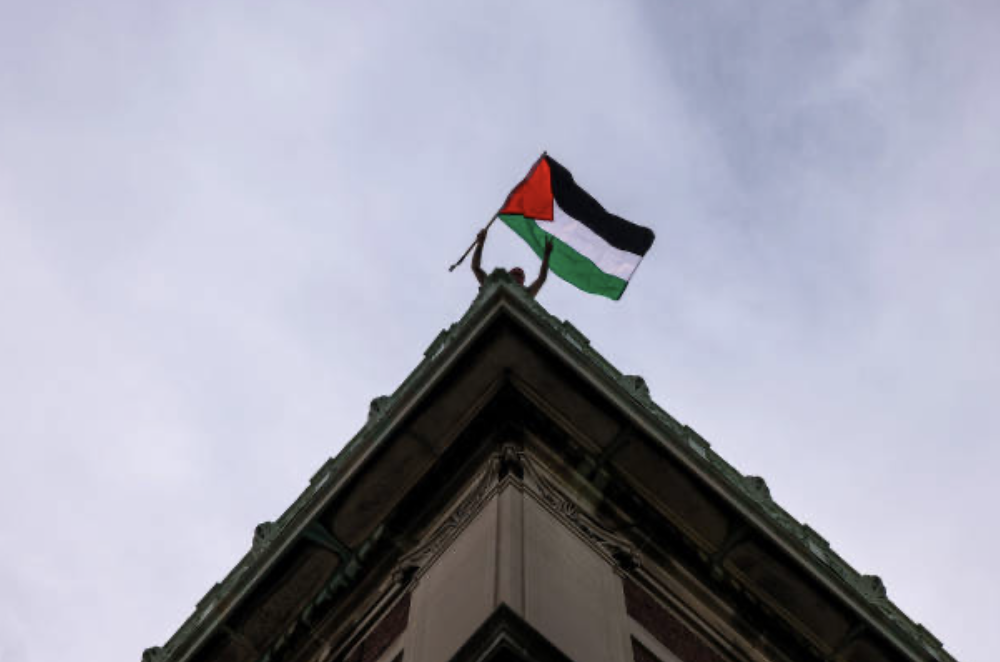Since the Palestine Liberation Organization (PLO) declared the State of Palestine in 1988, over 140 countries—mainly from the Arab world, Africa, Asia, and Latin America—have recognized its sovereignty. For years, however, these recognitions were largely symbolic, lacking the backing of major Western powers.
That began to change in 2024. Norway, Spain, Ireland, and Slovenia formally recognized Palestine, shifting the diplomatic balance in Europe. In a historic announcement, French President Emmanuel Macron stated that France will officially recognize the State of Palestine in September 2025. Shortly after, Canada announced it would follow suit. France hopes that other countries will also take this step, reinforcing a new wave of international diplomatic momentum.
A strong political statement
While these recognitions don’t immediately change the situation on the ground, they carry significant political weight. For the countries involved, this move signals a refusal to remain passive in the face of a stalled peace process.
In France’s case, the decision is particularly symbolic: as a permanent member of the United Nations Security Council, France holds veto power. Its recognition of Palestine adds a layer of diplomatic legitimacy and could influence future discussions at the UN. This step also strengthens the international push for a two-state solution, positioning France—and other recognizing countries—as active supporters of a rules-based international order.
France announced its official recognition of the State of Palestine as part of a broader effort to support the two-state solution, widely viewed as the only viable path toward a just and lasting peace between Israelis and Palestinians.
Through this move, Paris aims to affirm the Palestinian people’s right to self-determination and to revive the political process in the face of growing deadlock and the humanitarian crisis in Gaza. France is also encouraging its European partners, particularly the United Kingdom and Germany, to adopt a similar stance, hoping to strengthen international momentum for dialogue and a political resolution. This initiative reflects demands from civil society and aims to reward the Palestinian Authority’s efforts toward peace, while isolating those in the conflict who have chosen violence.
What’s at stake for both sides
For the recognizing countries, this decision helps boost their image as defenders of peace and justice. But it also comes with risks—potential diplomatic tensions with Israel, criticism from the United States, or political divisions at home.
For the Palestinians, these recognitions offer stronger international legitimacy. They also open doors to global institutions like the International Criminal Court, and strengthen their position in future negotiations. Although sovereignty remains limited in practice, these moves support Palestine’s claim to statehood.
What happens next?
Does this wave of recognition mark the beginning of real change? That’s unclear. Major powers—including the U.S. and key EU countries—remain cautious. But growing public support and international momentum are forcing governments to rethink long-standing positions.
The challenge now is not just to increase recognitions, but to push for a return to serious peace talks. Recognition could become a driving force for a political solution based on mutual respect, justice, and long-term security.
A voice that’s harder to ignore
Recognizing Palestine won’t bring immediate peace or resolve decades of conflict. But it amplifies the Palestinian voice and reframes the issue around law and legitimacy. In a region still on edge, this diplomatic shift could lay the groundwork for renewed dialogue—and perhaps, one day, a lasting resolution to one of the world’s oldest and most complex crises.










